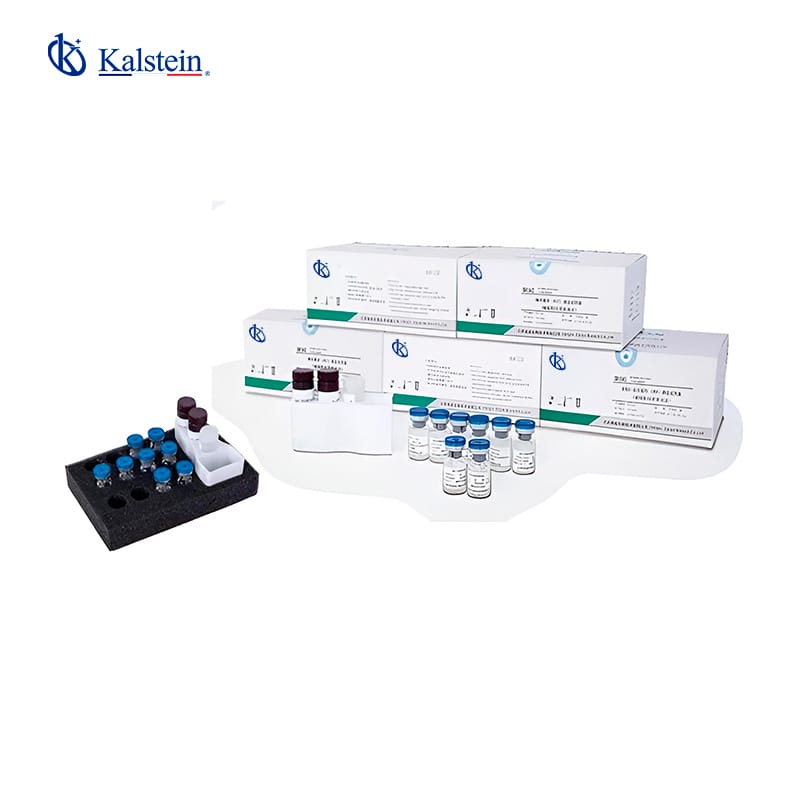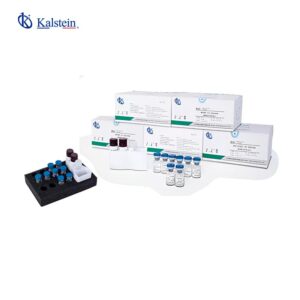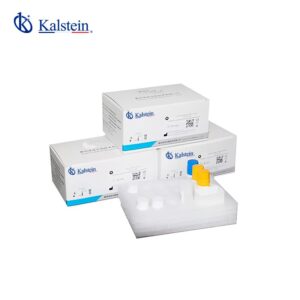Description
The Cardiac Marker Test YRA363 and YRA367 are essential tools for healthcare professionals seeking precise and reliable cardiac assessments. These tests are part of advanced Chemiluminescence Calibrator Kits used with IVD CLIA Analyzers, which include key markers such as NT-ProBNP and hs-cTnI. Utilizing sophisticated coupling technology with derivatives and ALP/FITC, these kits provide exceptional stability and high sensitivity, crucial for accurate cardiac marker detection. The incorporation of patented technology and core raw materials like magnetic beads, combined with a unique magnetic separation method, allows for greater precision in results.
With compatibility across Chemiluminescence Immunoassay Analyzer models YR06387 and YR06388, these cardiac marker tests are both user-friendly and highly efficient, ensuring seamless automation and eliminating radioactive risks. Whether you’re in a hospital or laboratory setting, these kits offer a secure, effective, and quick solution for comprehensive cardiac assessments.
Market Pricing
The price of the Cardiac Marker Test YRA363 and YRA367 can vary depending on the supplier, volume, and specific needs of the institution. Generally, these products are available in the market with a price range that accommodates both budget-conscious facilities and those requiring higher precision standards. For an accurate quote tailored to your requirements, use our Kalstein Plus platform to generate an immediate quotation or reach out to our sales team.
Frequently Asked Questions
What cardiac markers does the test cover?
The YRA363 and YRA367 tests cover key cardiac markers, including NT-ProBNP and hs-cTnI.
Are the tests compatible with my existing analyzer equipment?
These tests are compatible with Chemiluminescence Immunoassay Analyzers YR06387 and YR06388.
What is the storage temperature for these kits?
The kits should be stored between 2-8°C to maintain their effectiveness and stability.
Advantages and Disadvantages
Advantages:
- High sensitivity and stability for accurate results.
- Compatible with multiple analyzer models.
- User-friendly with seamless automation.
- Eliminates radioactive hazards.
Disadvantages:
- Initial cost might be higher for smaller facilities.
- Requires specific storage conditions (2-8°C).
Product Usage in the Field
In practical settings, the Cardiac Marker Tests YRA363 and YRA367 are used extensively in laboratories and hospitals for monitoring cardiac conditions. These tests help in the evaluation of heart-related ailments by measuring crucial biomarkers in the bloodstream. The quick operation and high sensitivity of the tests enable healthcare professionals to make timely and informed decisions regarding patient care.
Recommendations
To maximize the benefits of the Cardiac Marker Test kits, ensure proper storage at temperatures between 2-8°C. Routine calibration and maintenance of the analyzer equipment are advised for optimal performance. Regular training for staff on the usage and interpretation of the test results will enhance diagnostic capabilities and patient outcomes. To explore more about how these tests can benefit your facility or to receive a tailored quote, visit our Kalstein Plus platform.
Features
- Use of enzymatic chemiluminescence technology.
- Alkaline phosphatase as the luminous marker.
- Specifications: Available in 100, 50, or 48 tests per kit.
- Employs the competitive method for detection.
- Key components include magnetic beads and anti-A/Anti-B.
- Suitable for serum samples.
Technical Specifications
| Model | YRA363 | YRA364 | YRA365 | YRA366 | YRA367 |
| Tested Parameter | NT-ProBNP | D-Dimer | MYO | CK-MB | hs-cTnI |
| Luminous Principle | Enzymatic chemiluminescence | ||||
| Luminous Marker | AP(alkaline phosphatase) | ||||
| Specification | 100 test/kit | ||||
| 50 test/kit | |||||
| 48 test/kit | |||||
| Principle | Competitive Method | ||||
| Components | Magnetic beads | ||||
| Anti-A/Anti-B | |||||
| Calibrators | |||||
| QC1 | |||||
| QC 2 | |||||
| Sample | Serum | ||||
| Storage | 2-8°C | ||||




